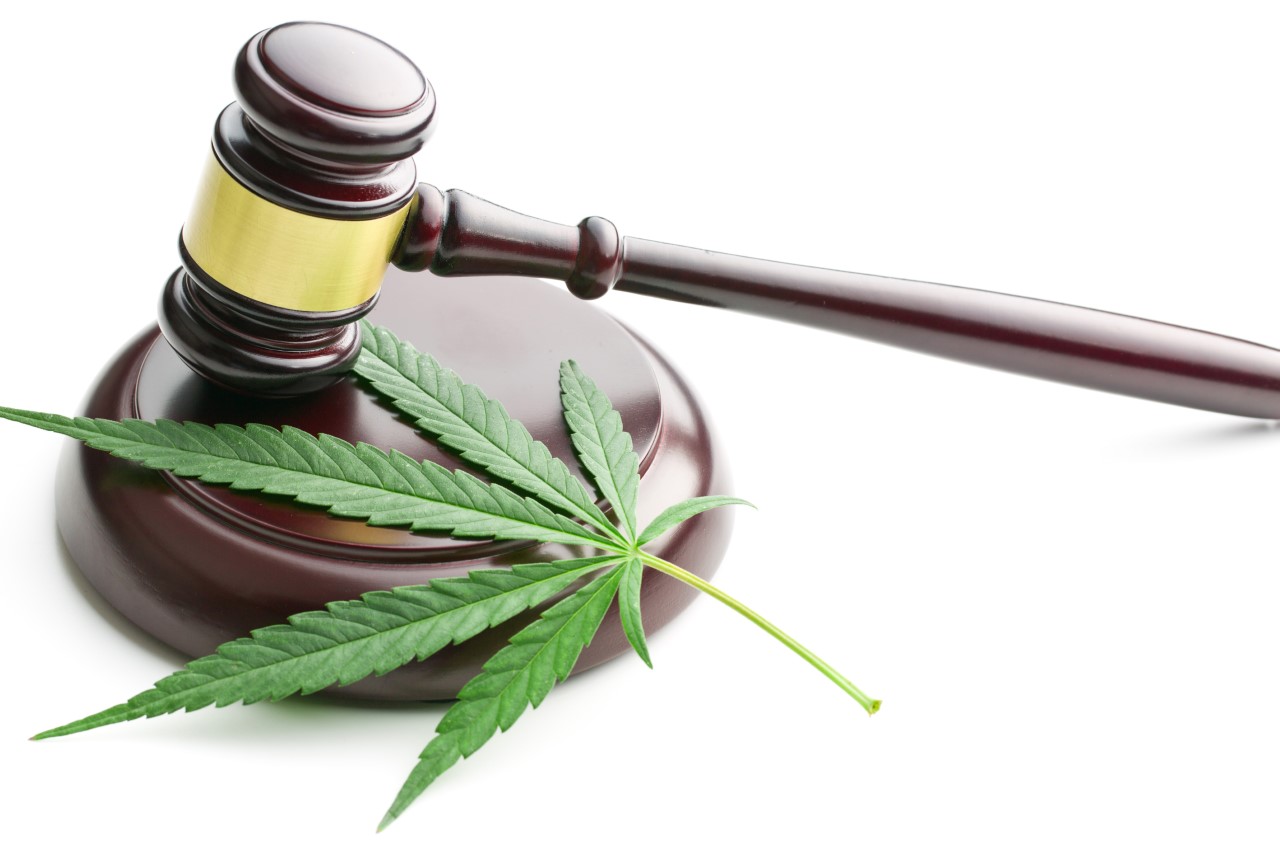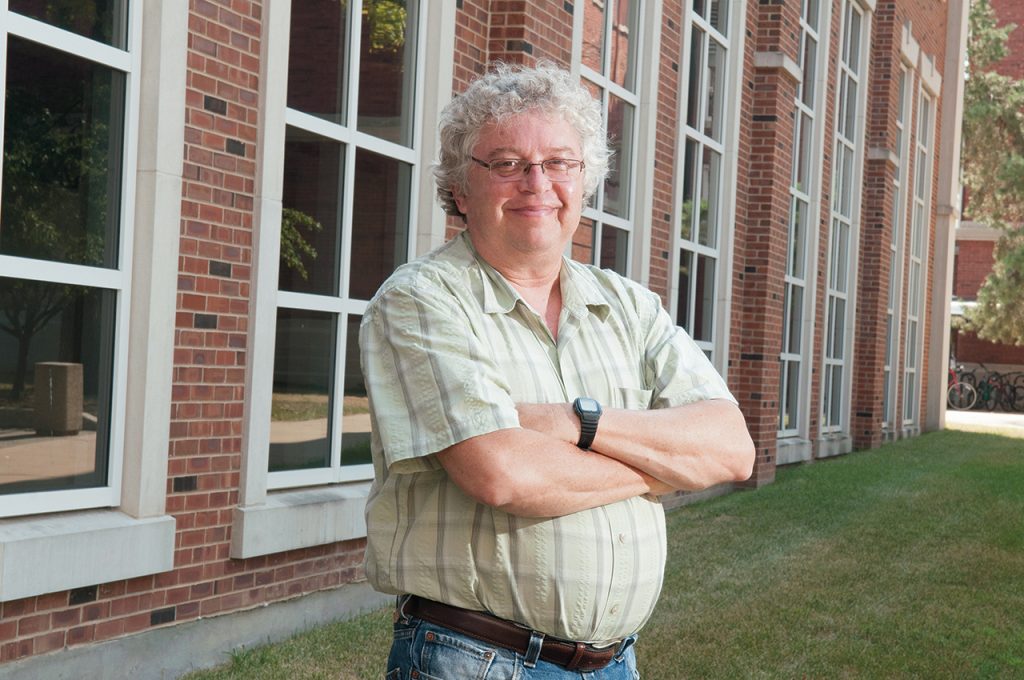Now that Illinois has joined 10 other states and the District of Columbia in legalizing the recreational use and sale of marijuana, what can we expect from this new legislation? In the following Q&A, Distinguished Professor of Criminal Justice Ralph Weisheit explains some of the finer points of the law.
How was Illinois’ path to legalization different from other states?
The other states where recreational marijuana has been legalized have done so through a referendum. Illinois has had several lawmakers who have been working for years on marijuana legislation. The result is a 610-page bill that Weisheit argues is better thought out than the bills that have come before.
“It sounds great for democracy to pass by referendum, but referendums tend to be a paragraph or two and they have no details,” Weisheit said. “Lawmakers have to come back, perhaps not having thought seriously about what that means, and build a law around this vague idea the people have supported.”
How is Illinois’ bill different from other similar measures passed across the country?
Weisheit said the most interesting aspect of the bill is the placement of social equity as its cornerstone.
“This idea of making up for past injustices, making up for a heavy emphasis on small-scale marijuana arrests makes it very different,” he said. “It is also an interesting experiment. One of the great things about the United States is that each state has its own system for dealing with this issue and it makes for a giant experiment. You can see how different things work in different states.”
In Illinois some of the money that will be generated through marijuana-related licenses and taxes is set aside for job training programs for people in disadvantaged communities. The bill also allows for the criminal records of individuals convicted of marijuana to be expunged.
“The social justice element got people on board that probably wouldn’t have voted for it otherwise,” Weisheit said.
Another unique element to the bill is that under the law up to eight community colleges in the state can set up programs to teach people how to grow marijuana. Once a student completes the program, they are certified as a trained grower of the plant. No community colleges have set up such a program so far.
Who may grow and sell marijuana in Illinois?
Illinois has 20 existing medical marijuana cultivation facilities that may grow recreational marijuana. For now, these will be the only approved locations for growing medical marijuana at a mass scale. Existing medical dispensaries are the only places allowed to sell recreational marijuana at this time.
Later this year, the state will open applications for “craft growers,” who will be allowed to cultivate up to 5,000 square feet. Weisheit said the idea is to start small, high-end specialty stores run by hobbyists and entrepreneurs.
What are some potential consequences of legalization?
Weisheit’s biggest concern is the black market for marijuana continuing to proliferate, especially in rural areas where legal marijuana will be less accessible. The law allows for local jurisdictions to ban the sale of marijuana and several counties in the state are already enforcing such a ban. Weisheit doesn’t believe this will curb the use of marijuana but instead allow black market dealers to get a foothold in those communities.
“For me, the reasons someone would go to the black market is for money and convenience,” he said. “If you have to drive across three counties to get to a dispensary and next door there is a guy who can give you some for a lot less money, why would you drive three counties?”
The downside to black-market marijuana is that users have no way of knowing whether it may be contaminated. To better ensure a safer, higher-quality product, the law mandates that marijuana must be inspected and found free of contaminants before it is sold.
“You are running a risk every time you buy (on the black market). Even if the person you got it from didn’t contaminate it, the person they got it from might have,” Weisheit said. “Certainly, the plants they are growing might have pesticides and herbicides to protect the plants. You aren’t going to have that with the legal stuff.”
Is there a path towards legalization at the federal level?
Weisheit doubts that marijuana will be legalized at the federal level any time soon due to the Drug Enforcement Agency’s (DEA) position on the matter.
“The DEA doesn’t even recognize medical marijuana,” Weisheit said. “When they issue reports, they put ‘medical’ in parentheses because they don’t believe it is real.”
The DEA classifies marijuana as a Schedule I drug, meaning it is not recognized as having any medical benefits. Weisheit said there is a chance Congress could push the DEA to reclassify marijuana as a Schedule II drug, which may be prescribed by doctors.
There is a federal law that aims to alleviate one of the biggest issues facing the marijuana industry. Due to marijuana’s status as a federal crime, banks cannot be involved with the business. As a result, all sales, even in states where marijuana is legal, are done through cash, making the business much more susceptible to theft and fraud. In September, the House of Representatives passed SAFE Banking Act, which prohibits federal regulators from penalizing banks that work with marijuana-related businesses.
Weisheit said the bill more than likely has enough support to pass the Senate.
“That would revolutionize the marijuana industry,” Weisheit said.


